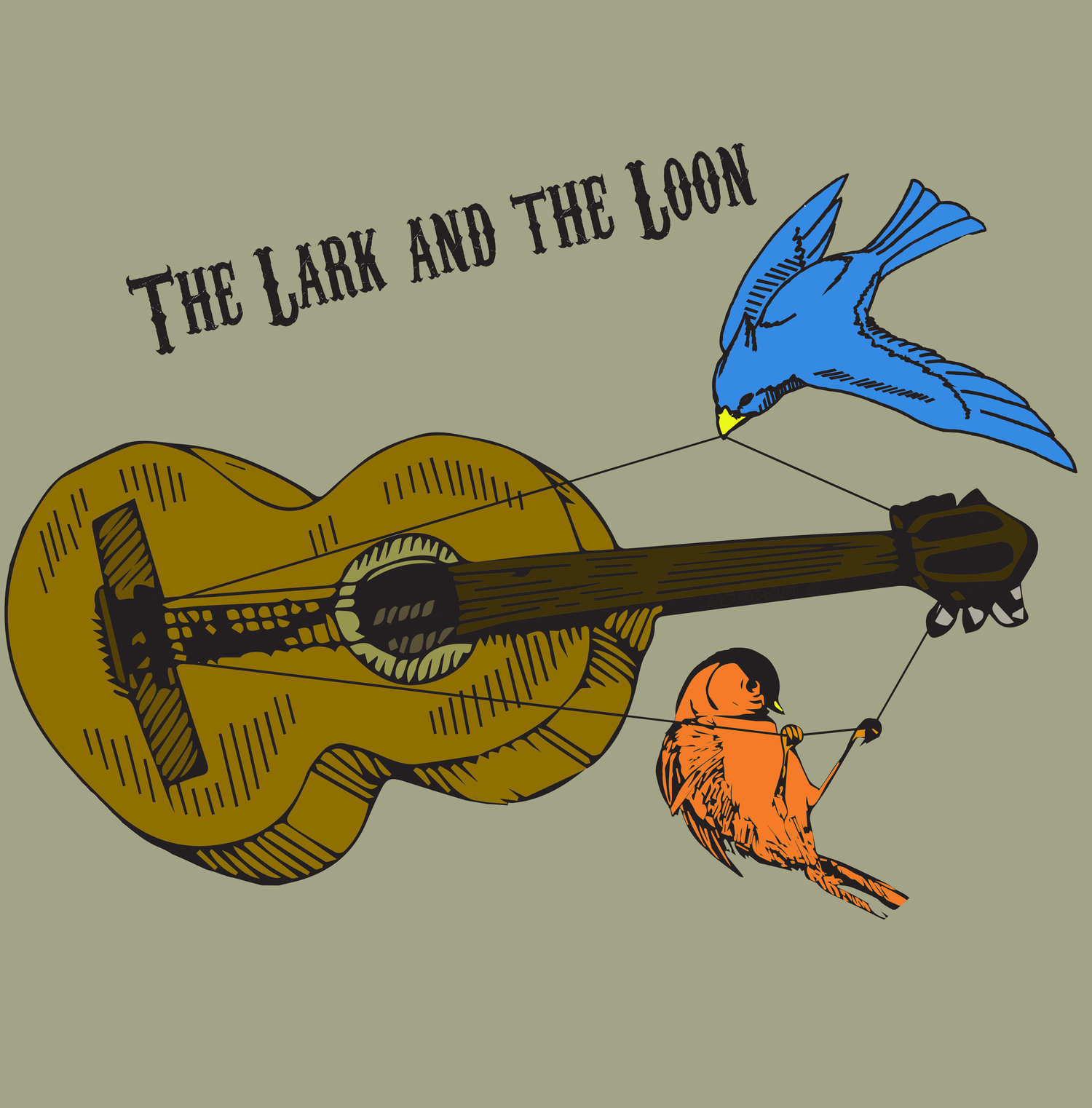Ah yes, the harmonica! I remember the first time I heard one on a Bob Dylan record; it was consequently the first time in my able memory I recall hearing the sound of someone playing it with the guitar. More importantly I remember the first time I heard Sonny Boy WIlliamson play one. His sound kicked the front door in and marched into my inner psyche and sand-blasted his grit into my soul. The instrument has a deep place in American music, and is, surprisingly to some, a very versatile instrument.
I love the harmonica. It's one of my favorite instruments to jam with and is the most impossible one for me to explain how to play. Regardless of my personal abilities with it and my own impressions it has wonderful utility. It comes from Europe, but has been in America since they started making them. Abraham Lincoln famously played one and carried one around in his pocket. As a matter of fact at one of his bigger presidential debates his rival at the time, Senator Stephen Douglas, was reported to have booked a brass band to fanfare his entry to the debate stage. When asked how he felt about this Lincoln simply said "The harmonica will do it for me" Over a century later the harmonica became the first instrument to be played in space.
There are two main ways to play the harmonica. (and many other ways after that) The way I mostly play it called "cross-harp". You play the harmonica by bending the reeds with your embouchure creating that signature squeal. This of course changes the key and will put you at a fifth above the standard tuning of the instrument. Because of this harmonica players often end up with countless harmonicas littered around their homes or workspaces. In order to play in any key I end up carrying around 12 different harmonicas, one for each key. There are other types too. If you ever see Stevie Wonder play it he has that little button on his. He tends to favor the chromatic harmonica which has a slightly different tone but allows one to play all the notes they'll ever need on a single harmonica. There are of course, many other styles and strange hybrids as well. Harmonica orchestras used to be quite popular all over the world and the types of designs they demanded to produce the sounds they needed are a thing of manufacturing wonder. Oftentimes when I go to antique shops I see relics of this time in harmonica history collecting dust and rusting away on a shelf somewhere though I've never had the bravery to try an antique harmonica. Due to it's unique nature as an isntrument you actually breathe through entirely when you play it it's not a shareable instrument and a used harmonica is seldom played, it's kind of like someone else's toothbrush.
Despite it's need to sometimes create a collection to begin playing different keys I would recommend it to anyone; whether a musician or not it's simple to just toot around a few notes and really easy to get to a point where you can just sit down with a friend and play a song or two. The beauty of it is it's ability to be spontaneous, portable, and ready at any moment. When I first started playing with the harmonica holder on my neck I'd just pop the right key in and play into it with no regard to what I was doing and it always worked fine. Nowadays I apply a little more technique but it's still just as curious and mysterious as it ever was.
Thanks for readin'
-Jeff

